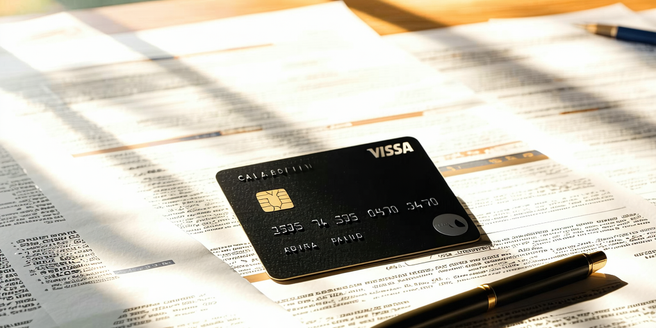
Understanding Credit Card Reward Programs
Credit card reward programs are designed to incentivize spending by offering various benefits, such as cashback, points, and miles. These rewards can be redeemed for travel, merchandise, or statement credits, offering real value if managed effectively. Understanding the structure of these programs is crucial. Typically, rewards are accumulated through purchases, with different categories yielding different reward rates. Some cards provide accelerated earning potential for specific spending categories like dining or travel. It is essential to read the fine print, as reward structures can include caps or expiration dates. Familiarize yourself with the terms and conditions to maximize your benefits. Choose a card that aligns with your spending habits, ensuring you earn rewards where you spend the most. Embrace technology, leveraging mobile apps to track spending and rewards efficiently.
Maximizing Points and Cash Back
To maximize points and cashback from your credit card, strategize your spending by aligning it with bonus categories offered by your card. Many cards offer higher returns on certain categories like groceries, gas, or dining out. Taking advantage of sign-up bonuses can also significantly boost your reward balance, but ensure you can meet the spending requirement without overspending. Utilize card-linked offers that provide additional discounts or cash back when you shop at specific retailers. Combining multiple cards each tailored to different spending categories can further maximize your earnings. Always pay your balance in full to avoid interest charges that negate rewards earned. Engage in periodic reviews of your card’s benefits and compare them with other offerings to ensure you’re getting the best possible value from your credit card rewards.
Selecting the Right Credit Card for You
Selecting the right credit card involves analyzing your spending habits and financial goals. Start by identifying categories where you spend the most, such as travel, dining, or groceries. Look for cards that offer the highest rewards in those areas. Consider any annual fees and calculate if the rewards and benefits offset this cost. Pay attention to sign-up bonuses and promotional offers, but ensure long-term benefits also align with your spending. Consider the ease of redeeming rewards and whether points can be transferred to airline or hotel partners for increased value. Review the card’s additional perks, such as travel insurance or purchase protections, as these can add substantial value. Always choose a card with a reputable issuer and good customer service to ensure support when needed.
Avoiding Common Pitfalls in Reward Usage
Avoiding common pitfalls when using credit card rewards involves being aware of fees and expiration dates. Many reward programs cap the amount of rewards you can earn, or impose expiration dates that require you to use points within a certain timeframe, so it’s important to plan redemption accordingly. Be cautious about overspending to earn rewards, as this can lead to debt and negate any reward benefits. Always pay your balance in full to avoid interest charges that can quickly outweigh the rewards earned. Understand how program changes can affect your strategy, and be prepared to adjust as needed. Monitor your rewards regularly to ensure they are being credited properly, and act quickly if discrepancies arise. Keep an eye out for promotional periods where increased rewards are offered.
Redeeming Rewards Wisely for Maximum Value
Redeeming your credit card rewards wisely is crucial to extracting maximum value. Start by evaluating the available redemption options—such as travel, cash back, or gift cards—and their corresponding value per point. Often, travel offers higher redemption value, especially when transferring points to partner airlines or hotels. Be strategic about redeeming points during promotions when you can receive bonuses or discounts. Avoid using points for purchases with low redemption value, such as statement credits, unless it provides financial relief you need. Calculate the effective value of your points to ensure optimal usage. Diversify your redemptions to align with personal travel or lifestyle goals. It may also be beneficial to save points for larger redemptions or special occasions, where the perceived value is greater.
